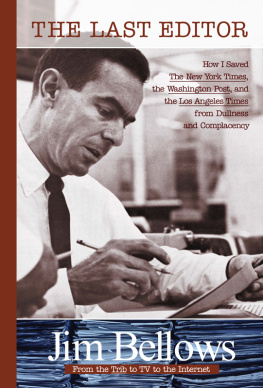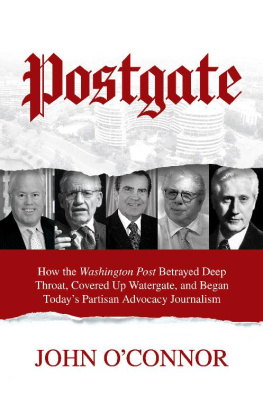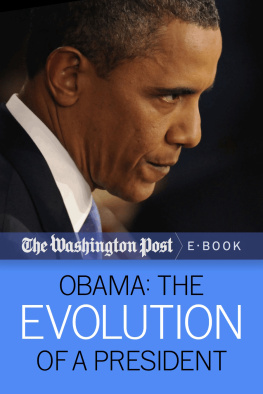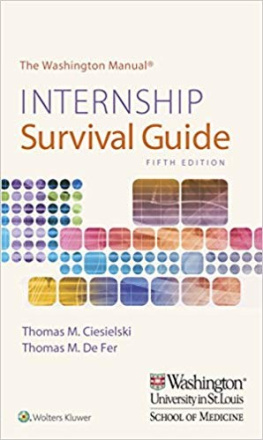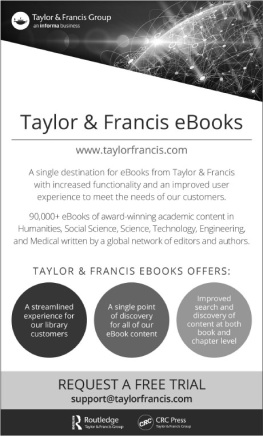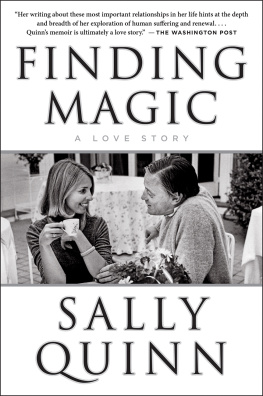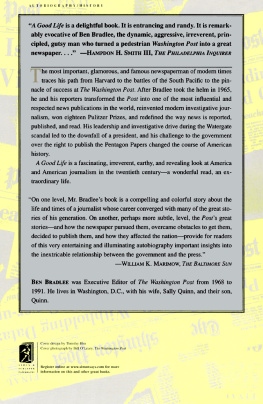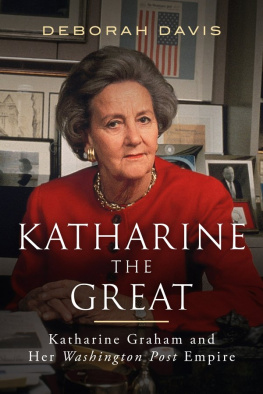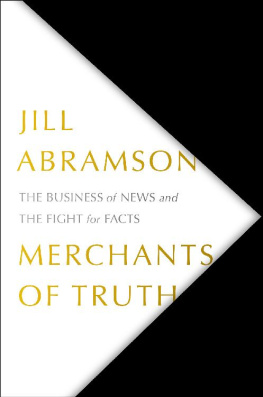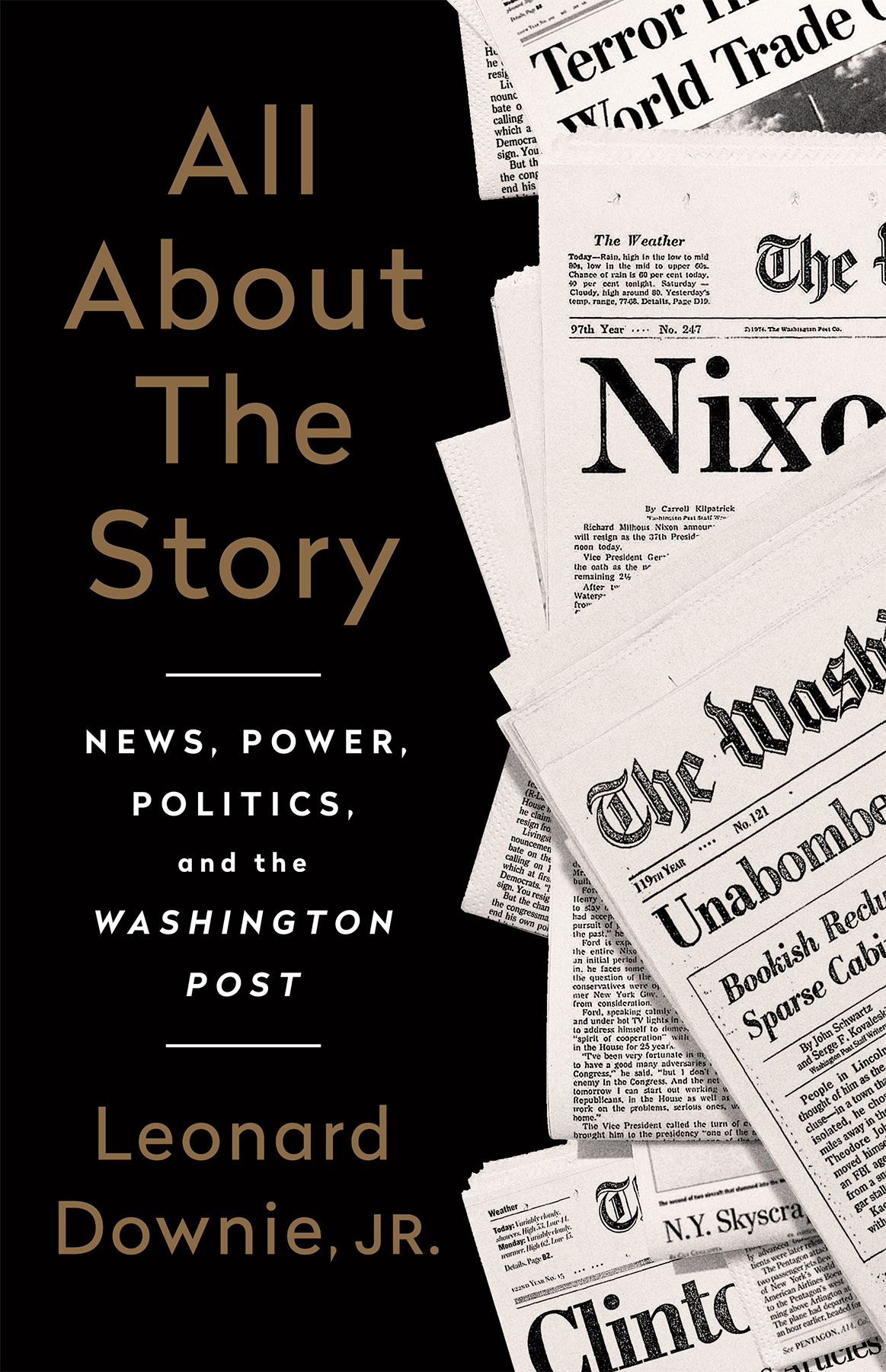Leonard Downie Jr. - All About the Story: News, Power, Politics, and the Washington Post
Here you can read online Leonard Downie Jr. - All About the Story: News, Power, Politics, and the Washington Post full text of the book (entire story) in english for free. Download pdf and epub, get meaning, cover and reviews about this ebook. year: 2020, publisher: PublicAffairs, genre: Politics. Description of the work, (preface) as well as reviews are available. Best literature library LitArk.com created for fans of good reading and offers a wide selection of genres:
Romance novel
Science fiction
Adventure
Detective
Science
History
Home and family
Prose
Art
Politics
Computer
Non-fiction
Religion
Business
Children
Humor
Choose a favorite category and find really read worthwhile books. Enjoy immersion in the world of imagination, feel the emotions of the characters or learn something new for yourself, make an fascinating discovery.

- Book:All About the Story: News, Power, Politics, and the Washington Post
- Author:
- Publisher:PublicAffairs
- Genre:
- Year:2020
- Rating:4 / 5
- Favourites:Add to favourites
- Your mark:
All About the Story: News, Power, Politics, and the Washington Post: summary, description and annotation
We offer to read an annotation, description, summary or preface (depends on what the author of the book "All About the Story: News, Power, Politics, and the Washington Post" wrote himself). If you haven't found the necessary information about the book — write in the comments, we will try to find it.
In 1964, as a 22-year-old Ohio State graduate with working-class Cleveland roots and a family to support, Len Downie landed an internship with the Washington Post. He would become a pioneering investigative reporter, news editor, foreign correspondent, and managing editor, before succeeding the legendary Ben Bradlee as executive editor.
Downies leadership style differed from Bradlees, but he played an equally important role over more than four decades in making the Post one of the worlds leading news organizations. He was one of the editors on the historic Watergate story and drove coverage of the impeachment of President Bill Clinton. He wrestled with the Unabombers threat to kill more people unless the Post published a rambling 30,000-word manifesto and he published important national security stories in defiance of presidents and top officials. He managed the Posts ascendency to the pinnacle of influence, circulation, and profitability, producing prizewinning investigative reporting with deep impact on American life, before the digital transformation of news media threatened the Posts future.
At a dangerous time, when health and economic crises and partisanship are challenging the news media, Downies judgment, fairness, and commitment to truth will inspire anyone who wants to know how journalism, at its best, works.
Leonard Downie Jr.: author's other books
Who wrote All About the Story: News, Power, Politics, and the Washington Post? Find out the surname, the name of the author of the book and a list of all author's works by series.

